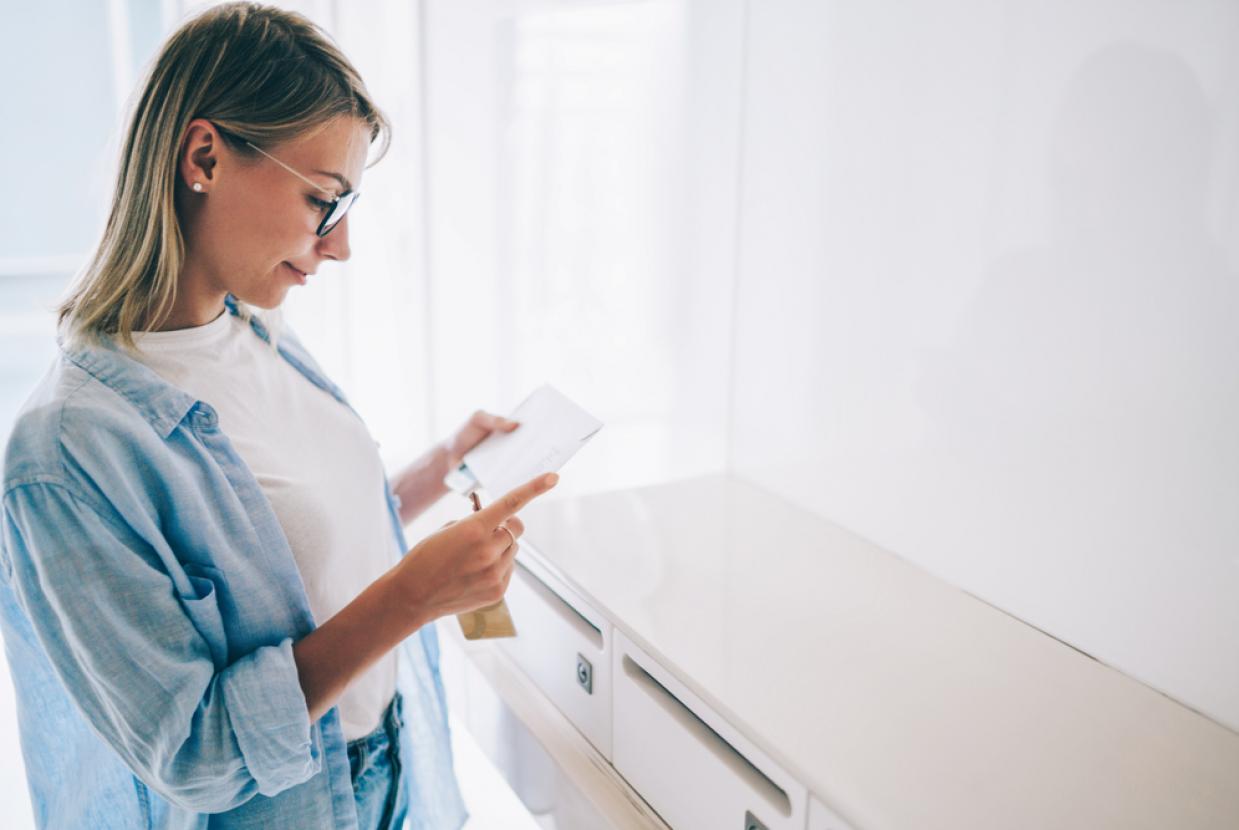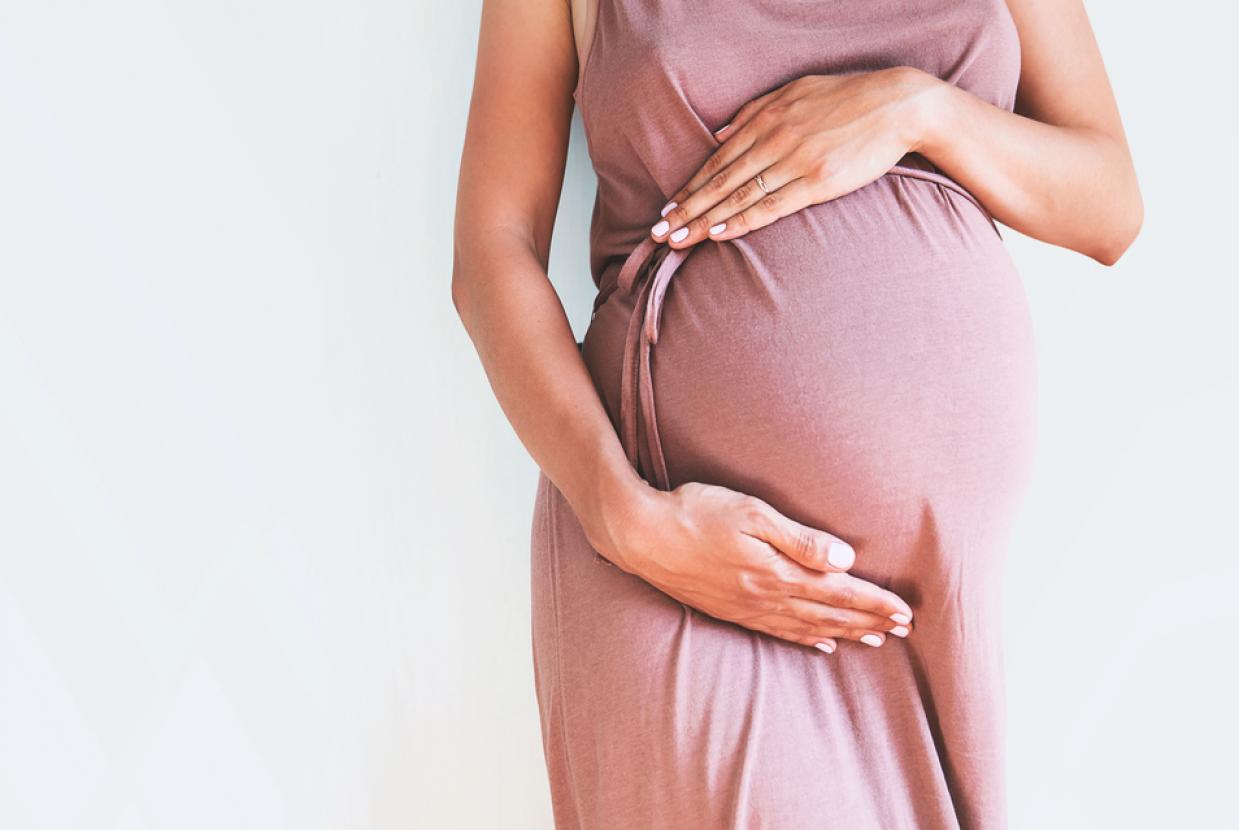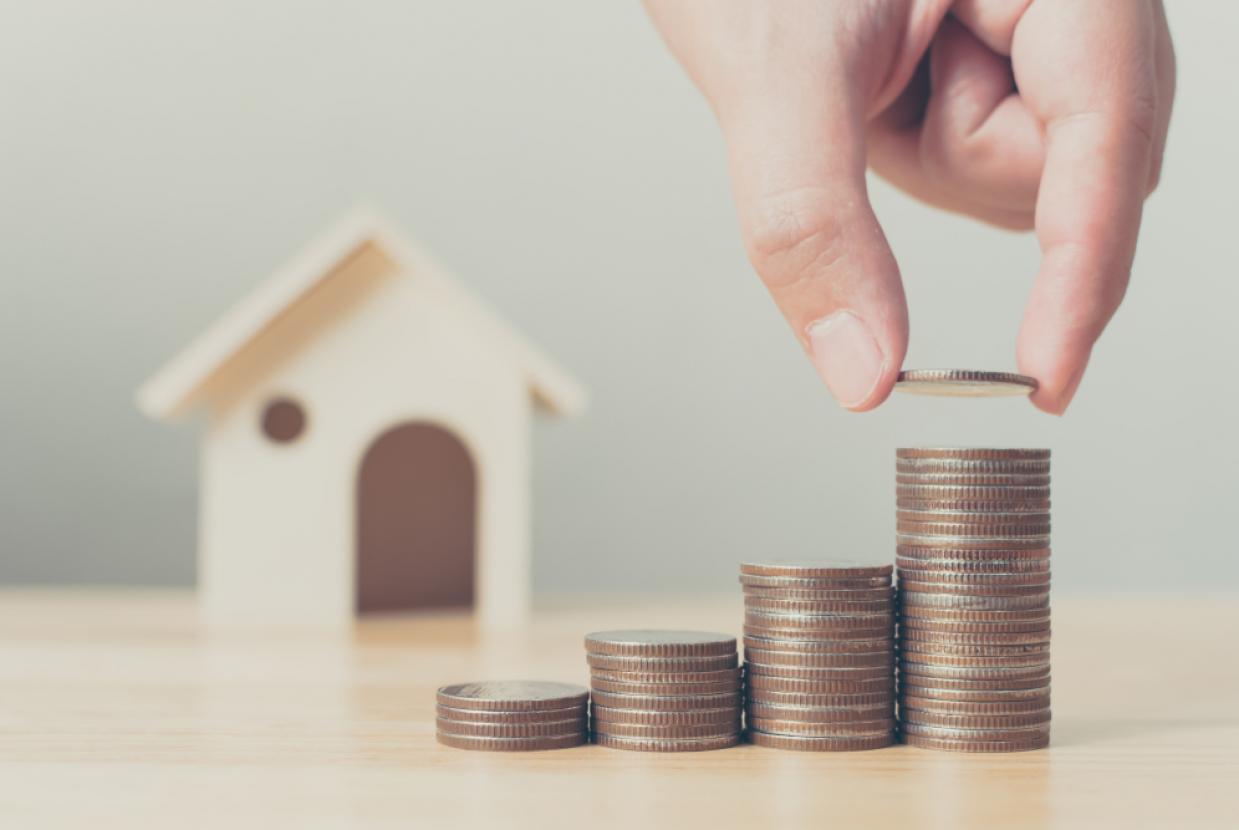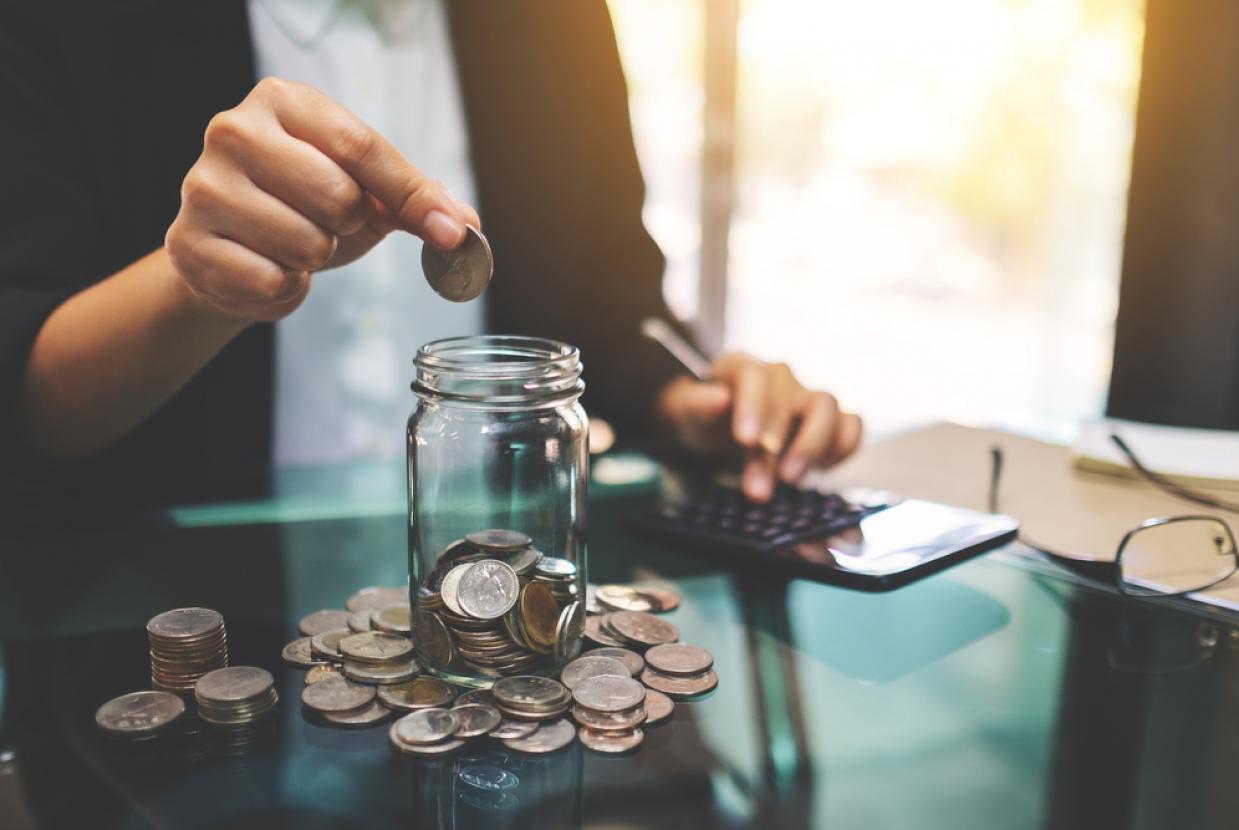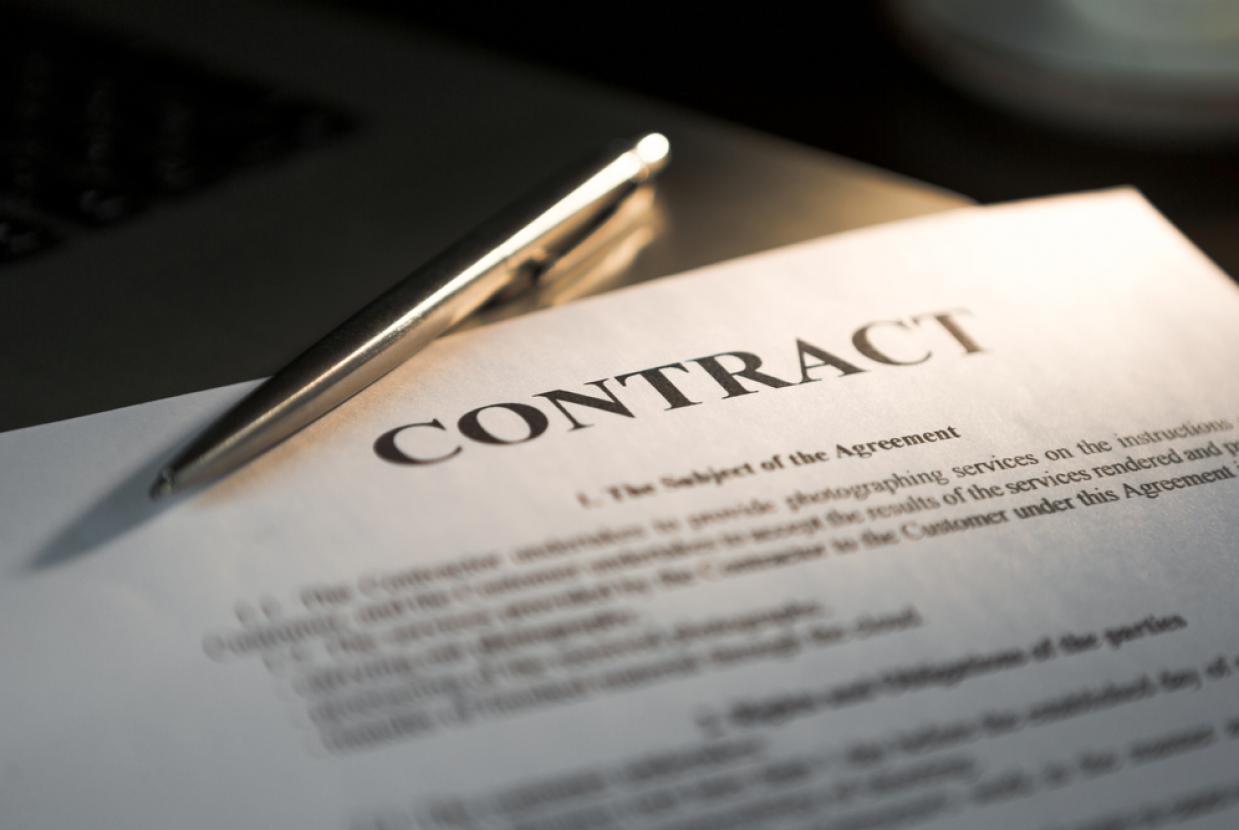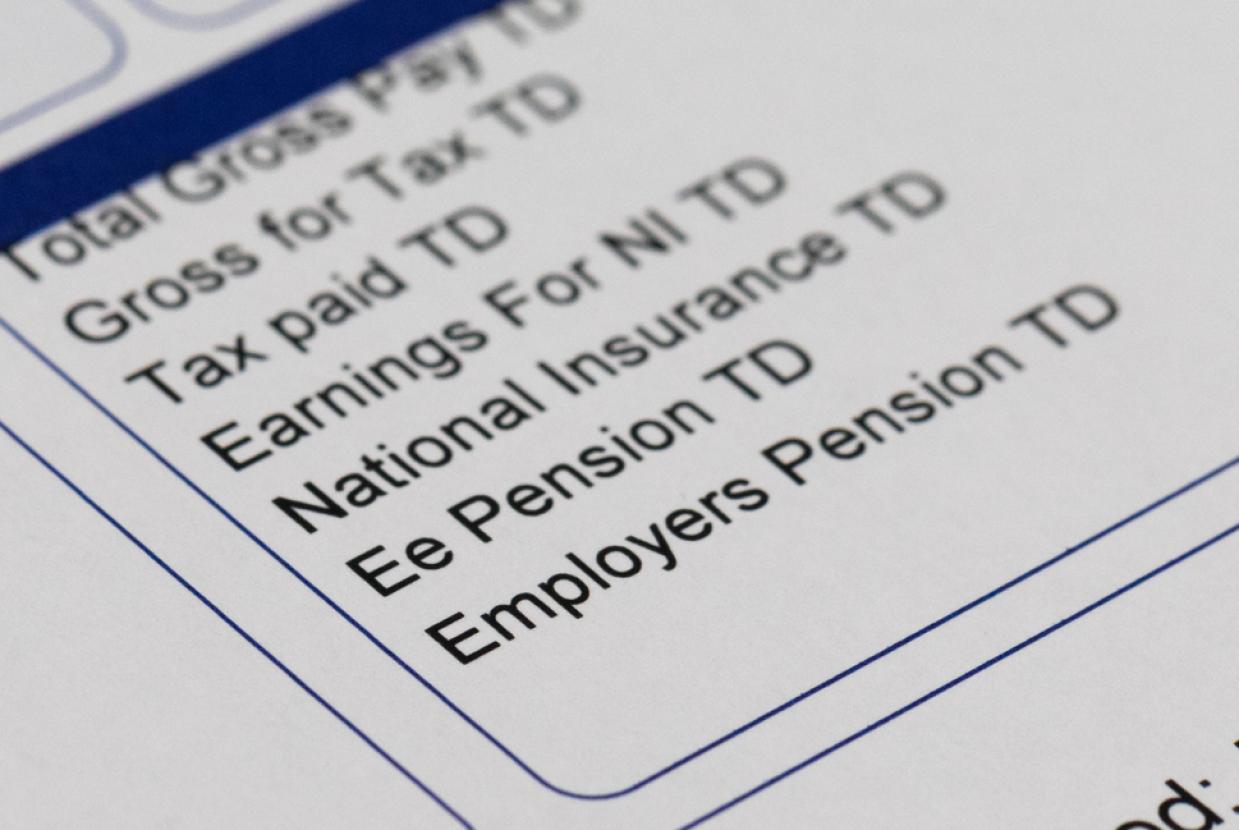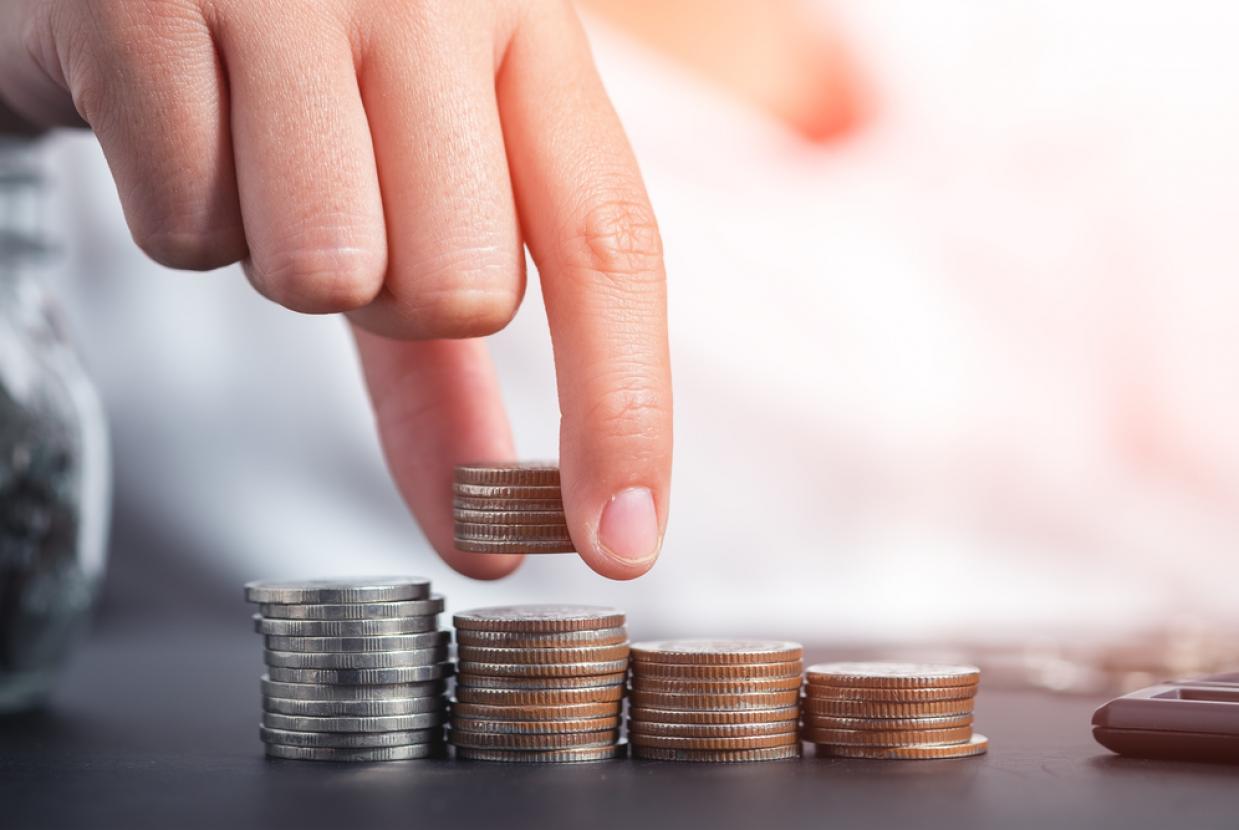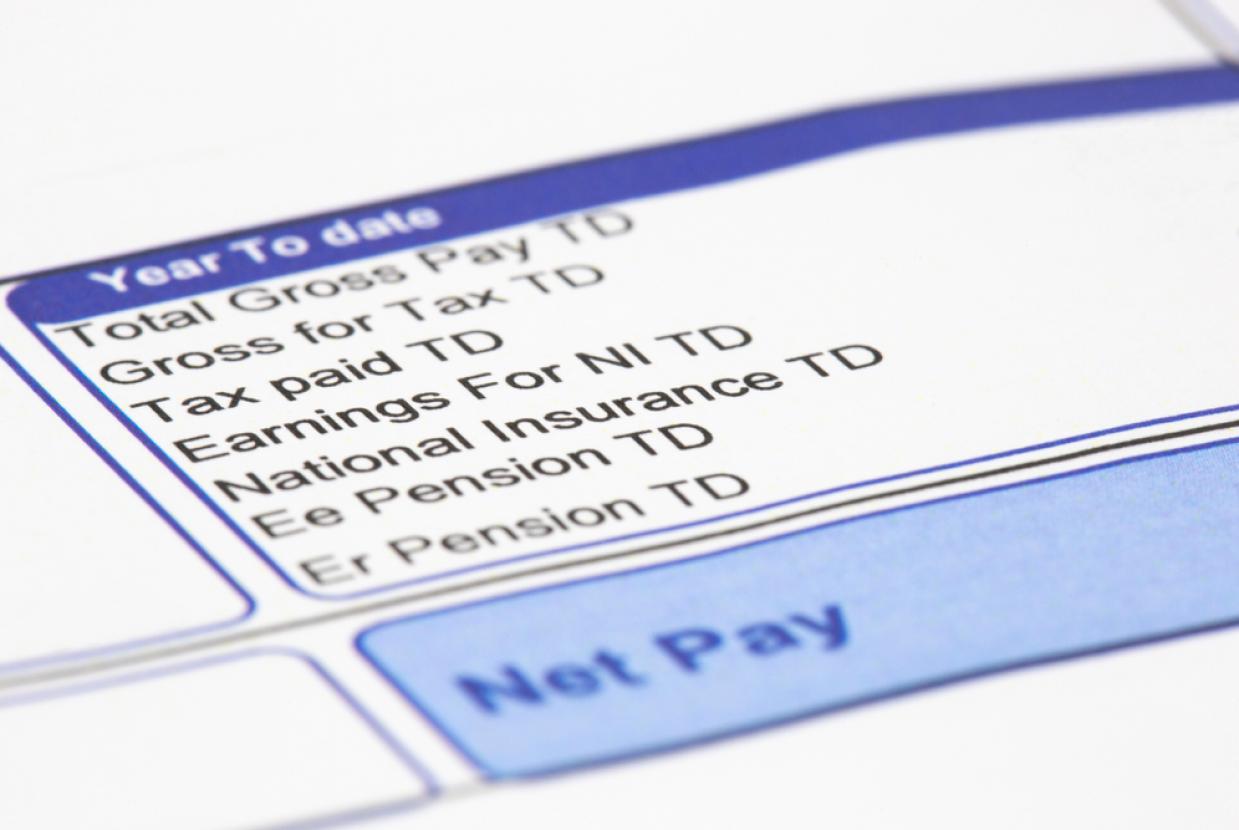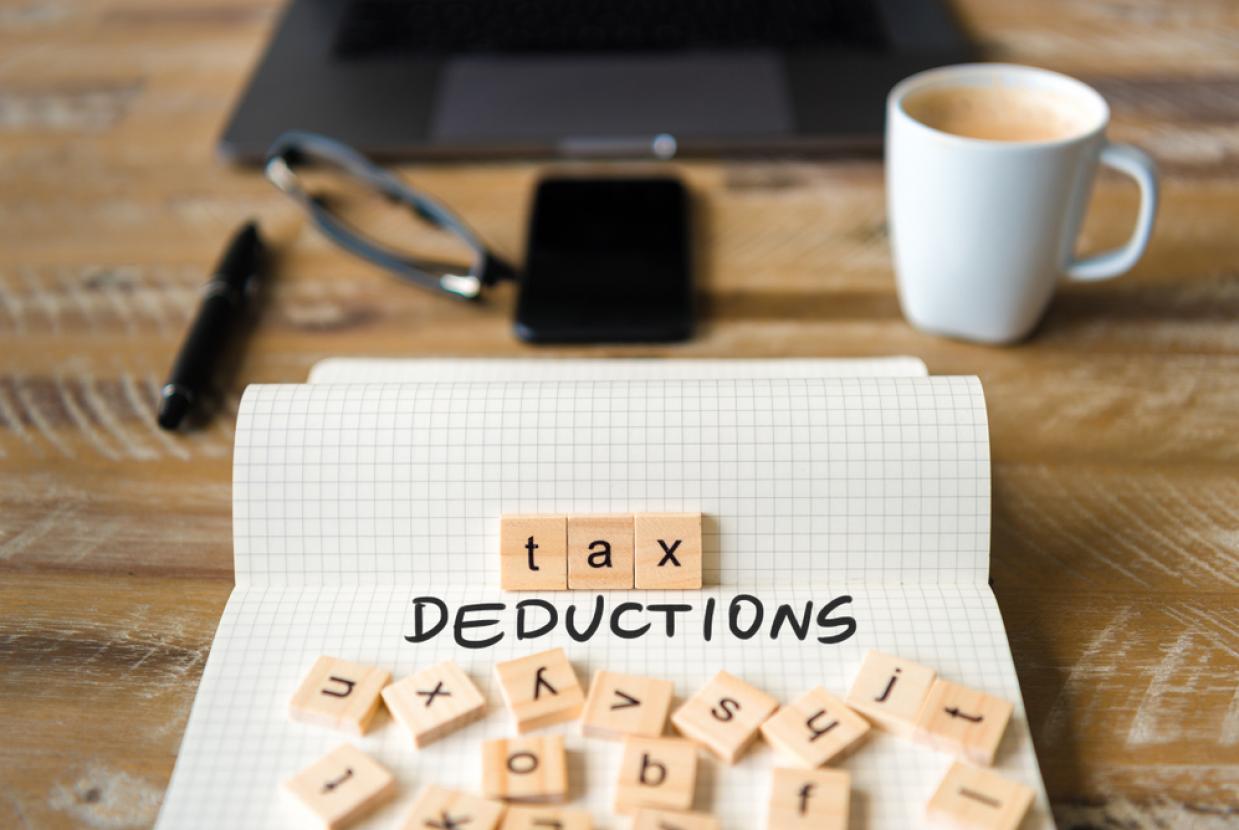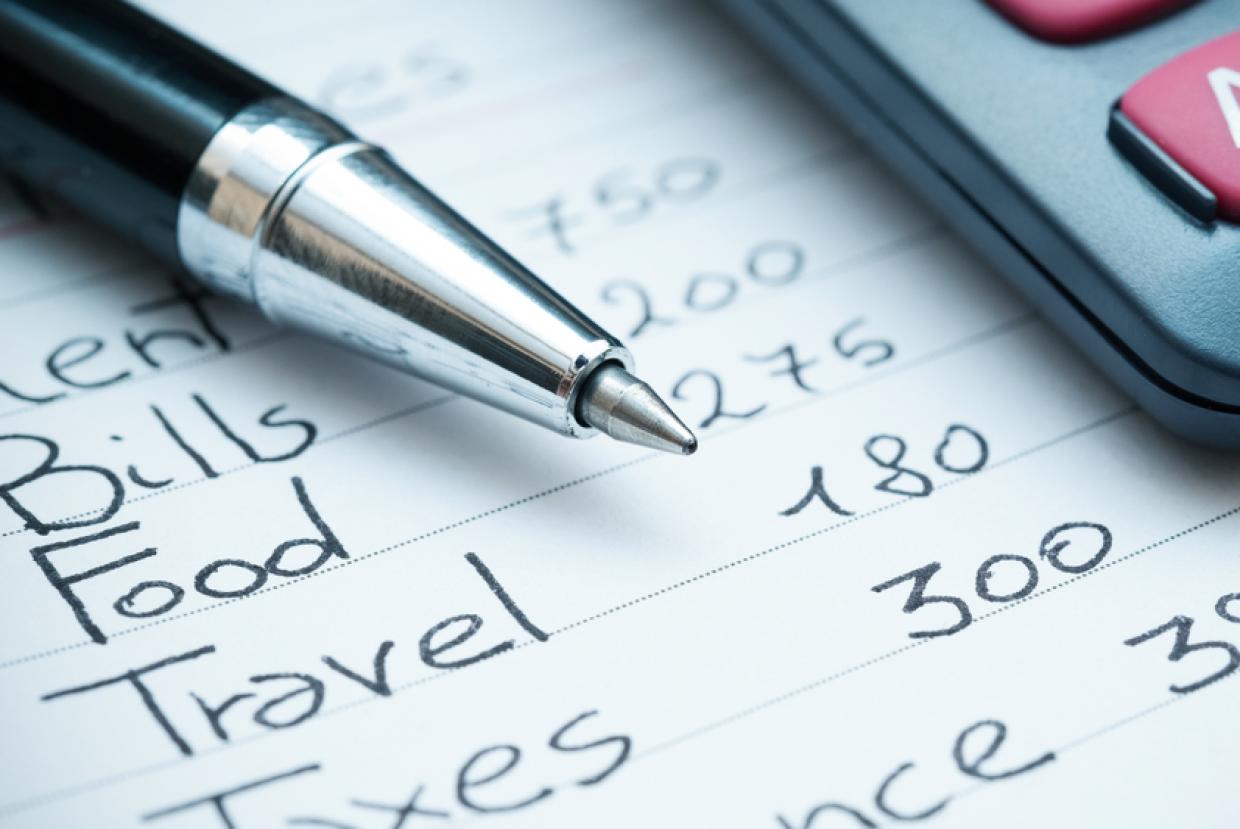Income Tax & Personal Allowance
Understanding how Income Tax works can seem confusing, particularly when you’re first starting out in the workplace. Knowing how Income Tax and the Personal Allowance work will allow you to figure out if you’re being paid the right amount and help you budget.
Should I pay any Income Tax?
Income Tax is charged on most types of income. The most common way is on your wages and salary from work. But you also need to pay Income Tax on:
- profits, if you run a business
- interest and dividends from savings and investments
- rent you get if you’re a landlord.
You don’t usually pay Income Tax on all your taxable income. This is because most people qualify for one or more allowances.
An allowance is an amount of otherwise taxable income that you can earn each year, without paying tax on it.
20% of the Marriage Allowance is given as a reduction in your tax bill. This is unlike the Personal Allowance and Age Allowance, which are deducted from your taxable income before tax is worked out).
Personal Savings Allowance is £1,000 for basic-rate taxpayers; £500 for higher-rate taxpayers; £0 for additional-rate taxpayers.
What is a Personal Allowance?
Everyone, including students, has something called a Personal Allowance. This is the amount of money you’re allowed to earn each tax year before you start paying Income Tax.
For the 2021/22 tax year, the Personal Allowance is £12,570. If you earn less than this, you usually won’t have to pay any income tax.
Your Personal Allowance might be bigger if you claim Marriage Allowance or Blind Person’s Allowance. Or it might be smaller if you’re a high earner or if you owe tax from a previous tax year.
The Personal Allowance if you earn over £100,000
If you earn over £100,000, the figure of £12,570 will be reduced by £1 for every £2 earned over the £100,000 limit. If you earn £125,000, you pay Income Tax on everything and there’s no tax-free allowance.
What is Income Tax used for?
Income Tax is collected by HMRC on behalf of the government. It’s used to help provide funding for public services. For example, the NHS, education and the welfare system, as well as investment in public projects, such as roads, rail and housing.
How much Income Tax will I pay?
Income Tax is made up of different bands. This means as your income increases, so does the amount of Income Tax you pay. Click here to view the current rates of income tax.
If you live in Wales, your Income Tax rates are now set by the Welsh Government. At the moment, these are the same as for England and Northern Ireland for the 2021/22 tax year
If you live in Scotland, your Income Tax rates are set by the Scottish Government and are different.
If you think you might have had Income Tax wrongly taken from your earnings, fill in the R38 form from HMRC to have it paid back to you.
National Insurance
Income Tax is not the only deduction made to your income. You might also make National Insurance contributions. These help build your entitlement to certain state benefits, including the State Pension and Maternity Allowance.
Tax if you’re self-employed
If you’re self-employed, Income Tax is paid at the same rate as everyone else. But you pay it a year in arrears through Self-Assessment.






